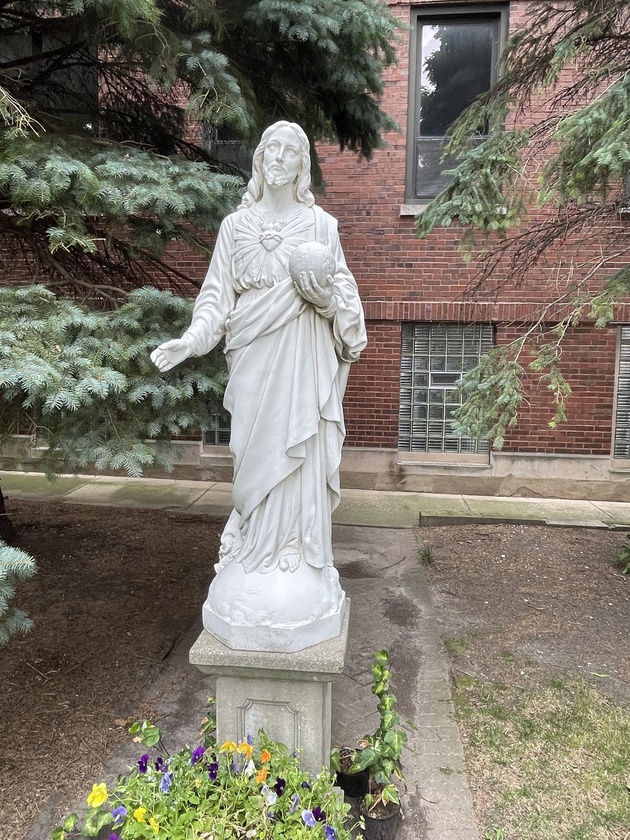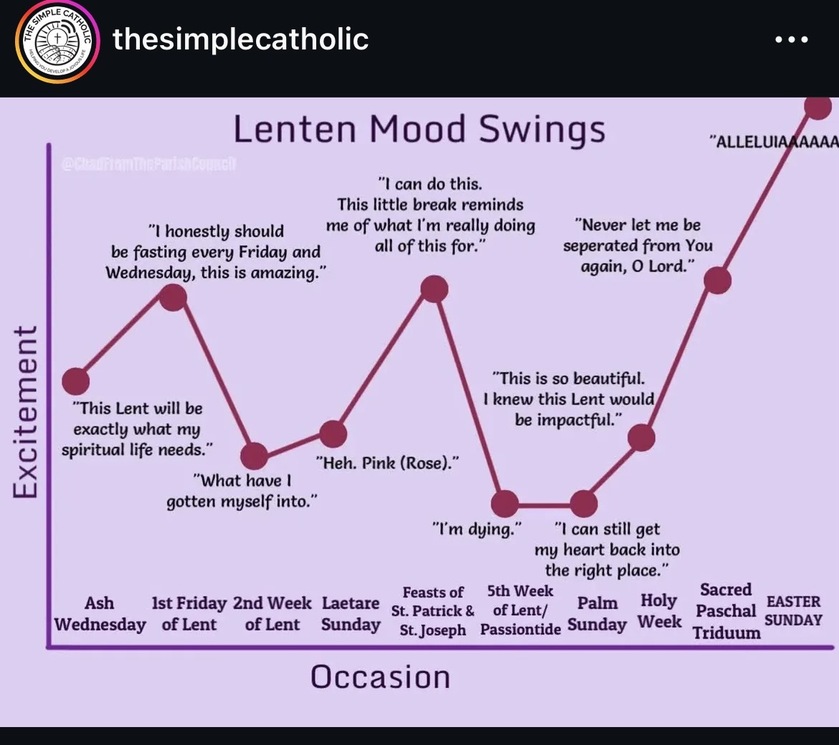Hello dear Locals member!
I want to thank you again for your support. And I'm not talking about your hard earned money (though I'm grateful for that!). I'm thankful for you for trusting me during this transition. And more than that, some of you have even come to my defense when haters online have accused me of selling out to those nefarious Jews!
Here's a comment we just got on my interview with Scott Hahn:
"What an absolute delight. I hope that everyone who was throwing shade and casting judgement on the new PWA/DW relationship takes a deep listen to this first post-collaboration episode. Seriously! I feel that having Hahn on speaks volumes to the integrity of PWA and the respect DW has for that integrity." - @arealdonut
Okay ... with that out of the way, I'm happy to annoucne that:
- Locals members (whether monthly or annual members) will get 6 months of DailyWire+ for free!
- Existing Daily Wire subscribers will get a 6 month extension on their account. No action needed.
- If you’re not yet subscribed to DailyWire+, you’ll be sent an email the week of January 5 containing a unique code for 6 months of DailyWire+ for free.
- If you’re not subscribed to our emails, be sure to go to pintswithaquinas.com/subscribe, scroll to the bottom where it says “sign up to get the Latest”, enter your name and email and click sign up now.
God bless you guys, and thanks again.
Matt























